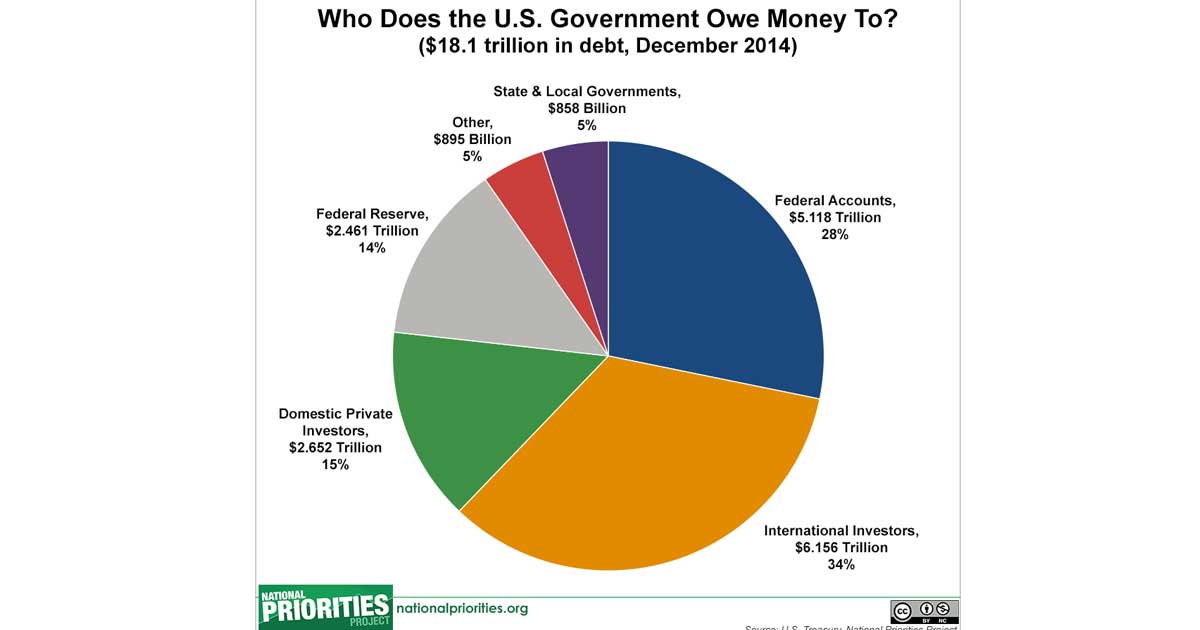How Currency Gets into Circulation and What Happens to it

Below we explain how currency gets into circulation via the Treasury, Federal Reserve, and banks, and the role Congress, banks, businesses, and you play in the process.
Complexity science is the study of complex systems. This includes fields like cognitive computing, systems theory, game theory, economics, influence, collective intelligence, etc. In a way, complexity science is a blanket term for any field that works with complex systems and requires “complexity thinking” and “systems thinking”. (see why common core).
The world is complex, and we need to understand complexity to succeed. This as true for computers, as it is for markets, as it is for politics, as it is for physics, as it is for social science, as it is for biology, etc.
Here is a great introduction video by Complexity Academy to supplement the articles below (I highly suggest their stuff, we use it liberally).

Below we explain how currency gets into circulation via the Treasury, Federal Reserve, and banks, and the role Congress, banks, businesses, and you play in the process.

We examine the historical effects of social, political, and economic inequality on society to see how it has led to social unrest and events like revolutions and populist uprisings.

Conspiracy theories are sets of one more speculative hypotheses, backed by fallacious reasoning, that suppose a conspiracy.